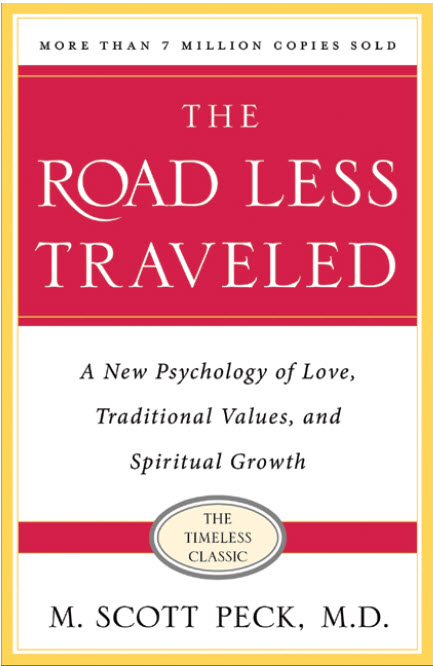Mere Philosophy – The Millennial Mind
 By: Rosemary Dewar
By: Rosemary Dewar
Knowledge is simply not compelling enough to encourage morality. One can reason one’s way in or out of every delusion; you are not impervious to your own misbelief. History has been marred by those who deigned to outwit an omniscient being by attempting to become one themselves. Ethics are only useful if you first tell the truth about what you find, and then apply what you’ve learned properly; but truth is not sufficient if someone convinces you it is not worth knowing.
The purpose of truth is to lead one to a course of action that is inarguably good, but intellectually realized truth has no power to do so. You alone cannot judge the virtue of your actions, and call yourself noble. You are flawed and self-centered—an incorrigible narcissist. Who will save you? Only a God that will never be you.

Every monumental scientific age was met with a detrimental result that lacked a moral center. Societies abused The Enlightenment to exact injustice as they saw fit through The Inquisition. That is where a form of liberalism began with Protestantism (an intellectual liberating expression for Christianity). The French Revolution resulted in their making their concept of reason a god. They separated themselves from the Catholic Church, and established a dictatorship. The French did abolish slavery, yet their national secularism murdered their wealthy in the streets for the public’s entertainment. The Industrial Revolution facilitated the birth of Germany’s golden age as Europe’s crown jewel in the mid-20th century. After forfeiting its Christian core, a persuasive minority embraced ethnic supremacy and eugenics. These are all atrocities. Losing one’s religion has become a catalyst for losing one’s humanity.
Truth has moved from something that is studied objectively to something that is observed subjectively. Society may assert that what you perceive is vastly more important than what is actually true. While an individual’s perspective is relevant, the reality that what one sees may also be wrong is more important. Two realities are occurring simultaneously, and one of them is more valuable than the other. Truth is shocking. It will usually fly in the face of what you think you know. Intellectuals will stress that some truths are not worth knowing at the time simply because of the assumed damage they could cause. That is not their call to make. In that moment, they have made themselves a god in their own eyes. By some fantastical reasoning, they know better than you.
The Judeo-Christian worldview emphasizes that man is not to depend on his own understanding, but to lean on God’s wisdom. God processes matters better than you, He is not hindered by the frailty of humanity, and He cares about issues that you do not. You’d think humanity would feel relieved from that burden. Unfortunately, humans have the tendency to do God’s job for Him. That never turns out as cheerily as they planned.
Theologian G.K. Chesterton said, “There are no rules of architecture for a castle in the clouds.” That sounds absolutely wonderful, if we are talking about creativity and imagination. However, if we are going to build a structure in this current reality, the attempt to build it on something as frail as ourselves will not be sufficient.
Truth is conveniently placed where you will fail. Rules and standards are present in order to teach you how not to fail the same way you did the time before. Insanity is where you fail the same way for an undesirable and miserable amount of time without resolution. Success is simply learning how not to fail the same way indefinitely. Truth can be painful, and will shake you to your core. The presence of pain does not mean there is no truth to it; that is to alert you to the fact that you have not acknowledged something yet. What you need to learn is worth knowing, and you need to learn nothing short of the truth.
By: Rosemary Dewar
